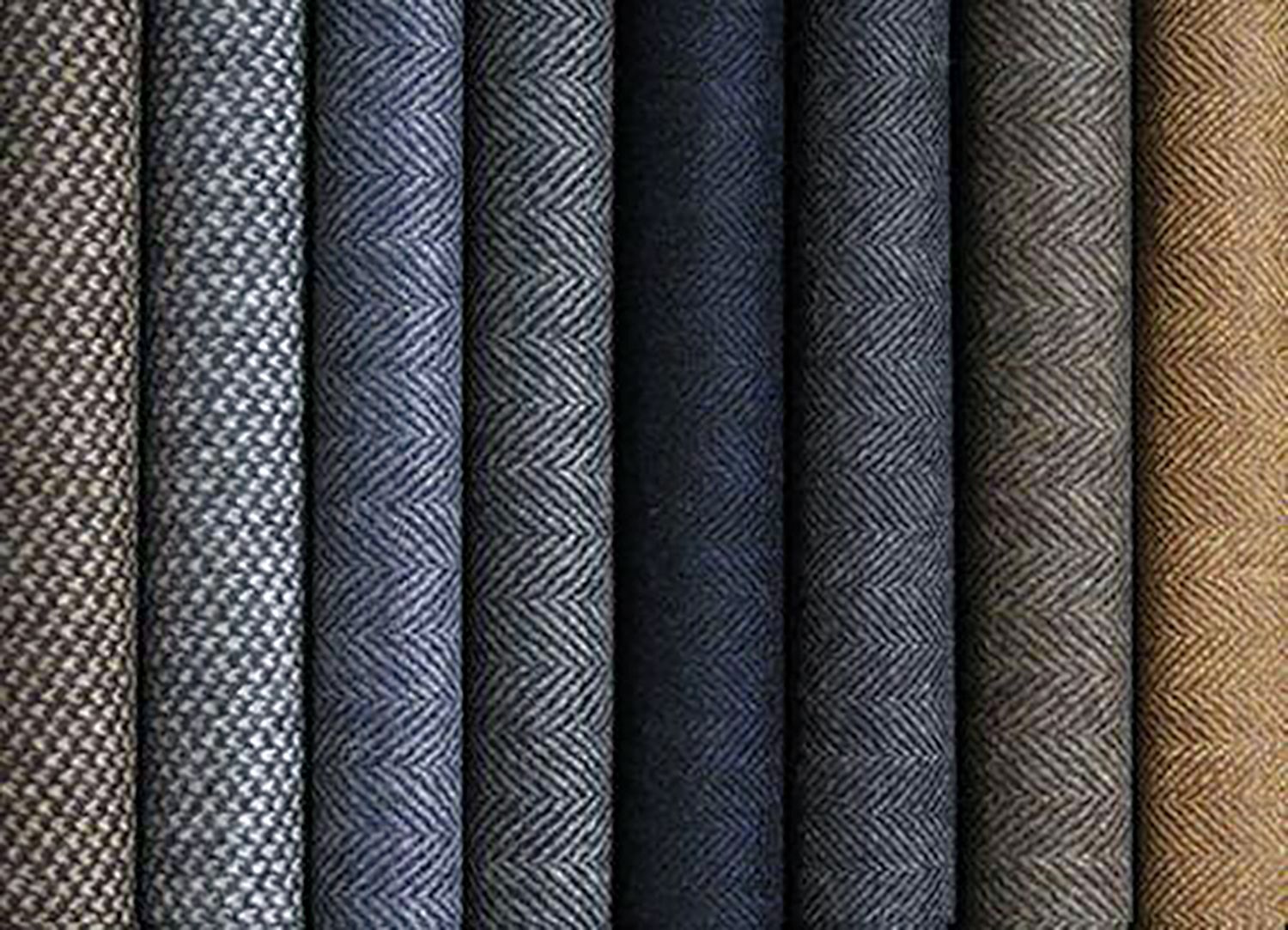
Selecting the right fabric for your suit is a crucial step in the tailoring process, as it directly impacts the suit’s appearance, comfort, and longevity. We will explore the various types of fabric choices available, their characteristics, and how to choose the best material for your tailored suit.
Understanding Suit Fabrics
Suiting fabric refers to the material used in the construction of suits, playing a significant role in the garment’s overall look and feel. The right fabric can enhance the suit’s drape, breathability, and durability, making it essential to understand the options available.
Choosing the appropriate fabric is not just about aesthetics; it also affects how the suit performs in different environments and situations. For instance, a suit made from breathable fabric will be more comfortable in warmer weather, while a heavier fabric may provide warmth during colder months.
Common Fabric Types for Suits
Wool
Wool is the most popular fabric for suits, known for its versatility and durability.
- Types of Wool:
-
- Worsted Wool: A smooth, fine fabric that is tightly woven, making it ideal for formal suits. It resists wrinkles and retains its shape well.
- Merino Wool: Known for its softness and breathability, Merino wool is often used in high-quality suits and is suitable for year-round wear.
- Flannel: A heavier, softer wool fabric that provides warmth, making it perfect for colder climates and more casual suits.
Benefits: Wool is breathable, wrinkle-resistant, and offers excellent insulation, making it a reliable choice for various occasions.
Cotton
Cotton fabric is a popular choice for casual and summer suits due to its breathability and comfort.
- Characteristics: Cotton suits are lightweight and allow for good airflow, making them a comfortable fabric, ideal for warm weather . However, cotton tends to wrinkle easily and portray a crinkled texture, which can detract from a polished look.
- Cotton Blends: Blending traditional cotton fabrics with other materials, such as polyester, can enhance durability and reduce wrinkling, making it a practical option for everyday wear.
Linen
Linen, especially Irish linen is renowned for its lightweight and breathable properties, making it an excellent fabric for summer-weight suits.
- Characteristics: While linen suits provide exceptional comfort in hot weather, they have a more casual appearance and wrinkle easily. This makes them best suited for relaxed occasions, such as beach weddings or outdoor events.
Silk
Silk offers a luxurious feel and elegant sheen, making it an exceptional fabric choice for formal wear.
- Characteristics: Silk is breathable and drapes beautifully, enhancing the suit’s overall aesthetic. It can be blended with other fabrics to improve durability while maintaining its luxurious appeal.
Synthetic Fabrics
Common synthetic fabrics include polyester and viscose, which are often used in off-the-rack suits.
- Characteristics: Synthetic fabrics are generally more affordable and durable than natural fibers. However, while they tend to be soft fabrics, they may lack breathability and comfort compared to natural fabrics, making them less suitable for formal occasions.
Special Fabrics
Cashmere and Mohair
- Characteristics: Cashmere and mohair blends provide a soft, luxurious feel. These fabrics are often used for high-end suits and special occasions due to their refined appearance and warmth.
Tweed
- Characteristics: Tweed is a durable fabric with a textured finish, making it suitable for both casual and formal wear. Its thickness provides warmth, making it a popular choice for autumn and winter suits.
Velvet and Corduroy
- Characteristics: Velvet and corduroy offer a unique aesthetic and luxurious feel, making them suitable for evening wear. These fabrics are typically used for blazers and less formal suits.
Choosing the Right Fabric for Your Needs
When selecting a fabric for a special occasion or business suit, consider the following factors:
- Occasion: Determine whether the suit is for formal or casual use. Wool and silk are ideal for formal events, while cotton and linen suit casual settings.
- Climate: Choose fabrics that suit the weather conditions. Lightweight fabrics like linen and cotton are best for summer, while wool and tweed work well in cooler months.
- Personal Style: Select fabrics that reflect your personal style and comfort preferences. Consider how the fabric feels against your skin and its visual appeal.
Fabric Weights and Their Importance
The weight of the fabric affects the suit’s fit and drape. Here’s a quick guide to fabric weights:
- Lightweight (7-9 oz): Ideal for summer suits, providing breathability and comfort.
- Medium Weight (9-12 oz): Suitable for year-round wear, offering a balance between comfort and structure.
- Heavyweight (12 oz and above): Best for colder climates, providing warmth and a structured silhouette.
Care and Maintenance of Suit Fabrics
Proper care is essential for maintaining the longevity of your suit. Here are some general care tips:
- Cleaning: Follow the care instructions for each fabric type. Wool and cotton suits may require dry cleaning, while linen can often be hand-washed.
- Storage: Store suits on padded hangers to maintain their shape. Avoid folding them to prevent creasing.
- Handling: Be mindful of how you handle your suit. Avoid excessive exposure to sunlight, which can fade colors, and take care to prevent spills or stains.
Frequently Asked Questions (FAQs)
- What is the best fabric for a suit? Wool is often considered the best all-around fabric due to its versatility and durability.
- How do I choose fabric for different occasions? For formal events, opt for wool or silk, while cotton and linen are suitable for casual occasions.
- Are synthetic fabrics suitable for formal suits? While they can be used, natural fabrics are generally preferred for formal wear due to their breathability and aesthetic appeal.
- What should I look for in terms of fabric quality? Evaluate the fabric’s texture, drape, and weight to ensure it meets your comfort and style preferences.
Conclusion
Choosing the right fabric for your suit is essential for achieving comfort, style, and durability. By understanding the different types of suit fabrics available and considering your specific needs, you can make an informed decision that enhances your wardrobe. For expert guidance and access to premium materials, consulting a custom tailor in Bangkok can ensure you select a fabric that not only elevates your suit’s appearance but also enhances how you feel when wearing it.



